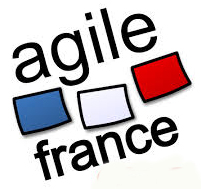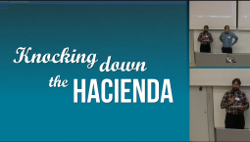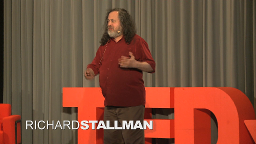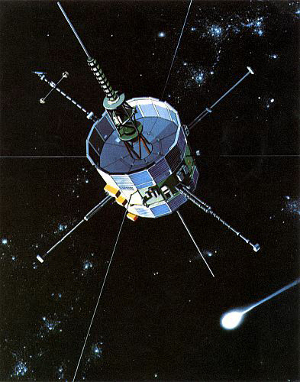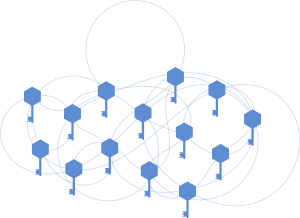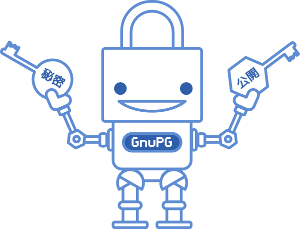Open source news for your reading
Is Google coming back to open document formats in its apps?
For a company that's built on open source, Google sometimes doesn't give the open source world as much love as many people think it should. The company's support, for example, for OpenDocument has been less-than-stellar.
But that could be changing, according to an article from ComputerWorld UK. The article quotes Chris DiBona, Google's head of open source, who said "support for exporting ODS and ODT files in ODF 1.2 format (the one used by all modern suites including MS Office and LibreOffice) is now under development."
A reason for this move could be that more and more governments are adopting OpenDocument and, as the article states, "Google wants to sell Drive and Chromebooks into government-controlled markets and ODF is becoming a gating factor." With support from a company like Google, OpenDocument could make bigger inroads, and not just in government.
U.S. Marine Corps dumps Windows for Linux as the operating system for its new radar system
Many businesses run their mission critical applications on Linux. On the battlefield, "mission critical" takes on an entirely different meaning. That's one of the reasons the United States Marine Corps switched to Linux to run its new radar system. Originally, the system ran on Windows XP, but with XP reaching its end of life, the switch to Linux made sense. According to the article in the Capital Gazette, "Ingrid Vaughan, director of the program, said the change would mean greater compatibility for laptop computers used to control the system in the future."
The European Commission to update its open source policy
It's no secret that Europe is a hotbeds for open source, thanks in part to the European Commission embracing open source. To further the cause of open source, the Commission will be updating its open source policy.
The Commission is doing this to "make it easier for its software developers to submit patches and add new functionalities to open source projects." The policy will "clarify legal aspects, including intellectual property rights, copyright and which author or authors to name when submitting code to the upstream repositories." According to Pierre Damas (Head of Sector at the Directorate General for IT (DIGIT)), the changes to the policy will help the European Commission "to advance the use of open source." Damas added that "the policy can help nudge others to consider open source.”
Mesosphere announces data center operating system
One area in which open source has a deep footprint is in the data center. Mesosphere, a company built on Apache Mesos, is positioning itself to be a major player in that area according to an article by TechCrunch.
Mesosphere has just unveiled a new data center operating system that's built on open source components. According to TechCrunch, the operating system "operates on the scale of the entire data center, which means instead of controlling a single machine, the operating system sits on top of the data center". This operating system, the article continues, is "compatible with several versions of Linux including Red Hat, CentOS, Ubuntu, and CoreOS, as well public cloud infrastructure services from companies like Amazon, Google and Microsoft." Learn more about it at Mesophere.com.
Inspiring the next generation of scientists with open data
Some people wonder what use all of the data collected by the Large Hadron Collider at CERN (the European Organization for Nuclear Research) is good for. An article by Notre Dame news points out, it can be used to educate and inspire the next generation of scientists.
Notre Dame University has begun a pair of projects that use the data that CERN made available via its Open Data Portal to develop "tools and programs for the early use of this data that could address some of the most fundamental questions about the origin and composition of the universe." In the program, "high school students and teachers unite to become particle physicists for a day, learning some of the basics of particle physics." From there, they use the tools Notre Dame developed to analyze a slice of the data. The article quotes Notre Dame physics professor Mitchell Wayne, who states: "These outreach programs help educate and inspire the next generation of scientists. They demonstrate the interesting and creative ways these data can be used by high school teachers and students."


